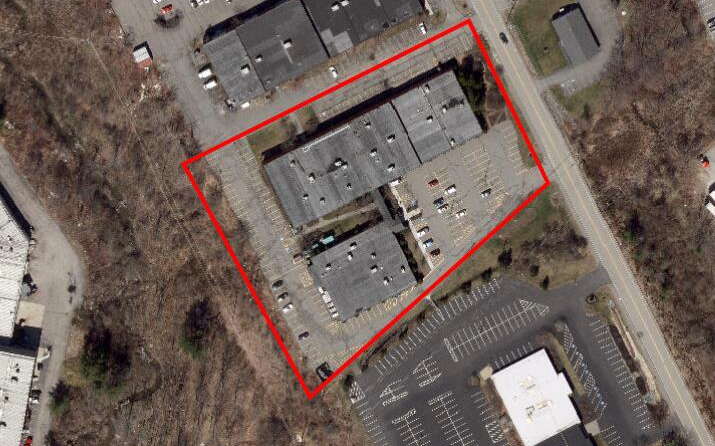
Processing Your Payment
Please do not leave this page until complete. This can take a few moments.
Fork Food Lab looks to add pop-up, events, farmers' market at new SoPo space
 Courtesy / Fork Food Lab
Adrian Espinoza from Empanada Club and his mother are among Fork Food Lab’s 75 members, with another 20 in process.
Courtesy / Fork Food Lab
Adrian Espinoza from Empanada Club and his mother are among Fork Food Lab’s 75 members, with another 20 in process.
Fork Food Lab, a shared commercial kitchen and food startup incubator that moved from Portland to larger digs in South Portland last year, is looking to add a pop-up space, farmers' market and more food production space.
“Fork Food Lab has over 100 members producing their food products at the recently retrofitted 95 Darling Ave. building,” Bill Seretta, Fork’s executive director, wrote in a planning board application. “With the requested approvals, the number of members will grow along with the ability for the members to showcase, market, and sell their products at events.”

The nonprofit is seeking special-exception approvals for its build-out plans, and the request is on the agenda for a meeting Wednesday of the South Portland Planning Board.
Fork moved 49 member companies into 18,000 square feet at 95 Darling Ave. on June 30, 2023 and became operational the next day, Seretta told Mainebiz.
“We currently have 75 members with another 20 in process,” he said. “We are finishing an additional 2,000 square feet to house our fruit and vegetable small-batch processing space. The remaining 10,000 square feet will be split between event, popup and retail space and additional food manufacturing space.”
$2.6M investment
At 95 Darling Ave., the 30,000-square-foot building was previously approved for light industrial use. The application seeks to add a 3,171-square-foot pop-up and retail area with an allowance for events and to add an indoor and outdoor farmers’ market.
At 97 Darling Ave., the application seeks to convert the 11,638-square-foot office building into light industrial space for commercial food production and food storage.
In addition, Fork Food Lab is seeking a site plan amendment for a variety of exterior improvements to the site, including construction of an at-grade loading dock, a new dumpster location and sewer line with grease trap, landscaping changes, parking reconfiguration, and improvements to stormwater management.
The changes would be performed in two phases.
The cost of the 95 Darling Ave. portion is estimated at $1.1 million, with renovations to begin as soon as approval is granted and expected to take three months.
That phase would be funded through a combination of $1.5 million in investments in Fork Food Hub and foundation grants, individual donations and U.S. Department of Agriculture grants. Fork Food Lab would provide “white box” leasing space to food companies and the companies would be responsible for financing the build-out of their spaces.
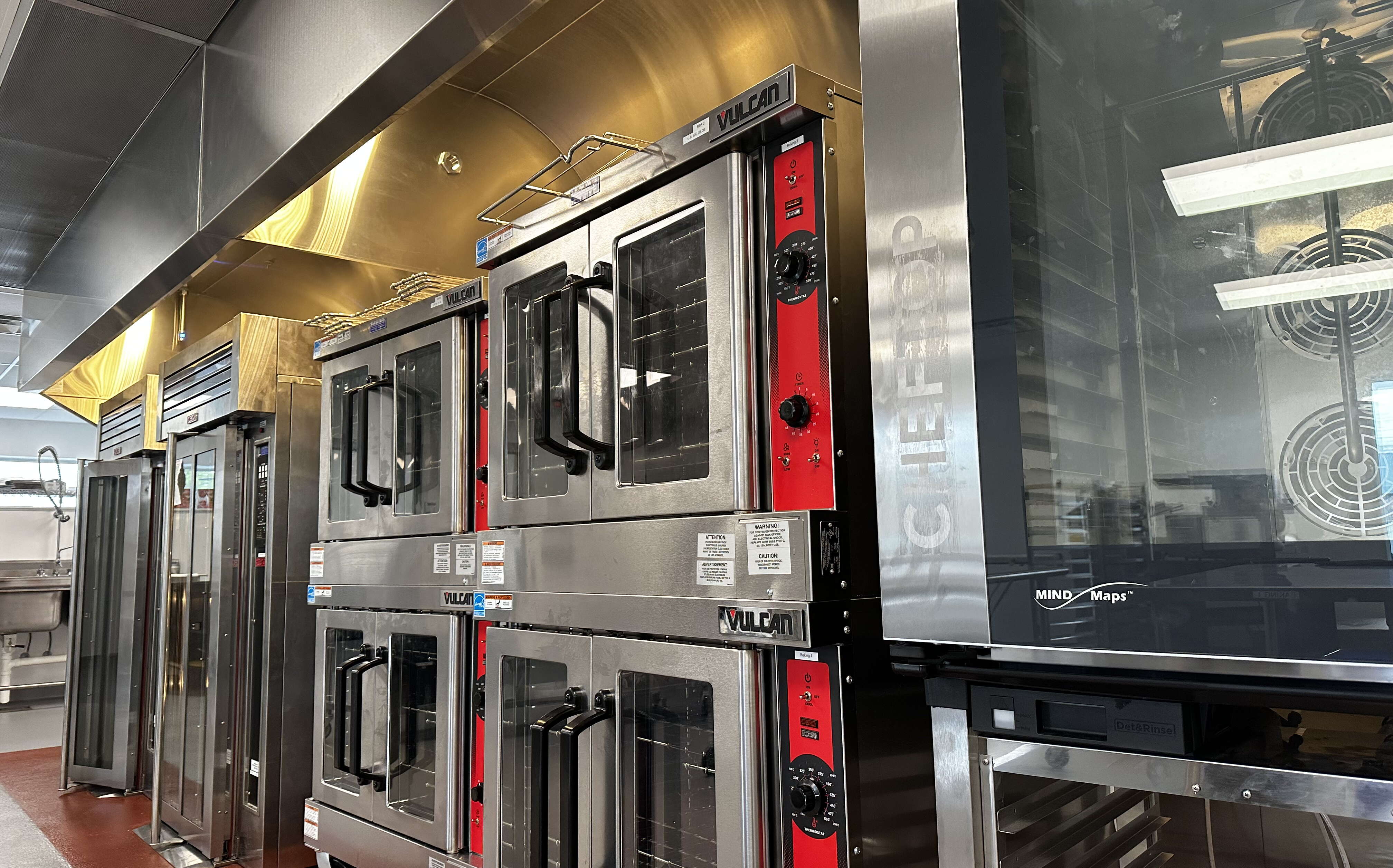
The cost of the 97 Darling Ave. conversion is estimated at $1.3 million. A construction timeline and funding haven’t yet been worked out.
Change of use
“When we purchased 95-97 Darling Ave., the property along with properties next door and across then street did not allow for retail or restaurants,” Seretta said. “This meant that we couldn’t have pop-up events, sell product retail and have indoor and outdoor events.”
Fork wanted to continue and expand on the activities when it moved from 72 Parris St. in Portland.
Fork applied for and received a zoning change last year.
“In order to take advantage of the change in zoning we are required to go through a site plan review and receive approval to conduct these activities,” Seretta said. “Our plans include converting 5,000 square feet of space into an event space, very small retail space and pop-up. We also expect to hold outside markets. This is an expansion of what we did in our previous location and is critical in that it allows our members to sell their products and receive customer feedback.”
The building at 97 Darling Ave. was a data and information technology support center at the time Fork applied for its first site plan review in April 2022, he said.
“They moved out as planned in April 2023,” he continued. “We will be converting the space from office/data center to light food manufacturing and make it available for lease to growing food businesses. The supply of light food manufacturing space is very limited and converting it to food manufacturing keeps the campus focused on Fork’s mission.”

166 jobs
At full capacity, it’s expected that Fork will generate an annual economic impact of 166 jobs, $6.3 million in wages and $14.8 million in sales, according to the application.
When multiplier effects are added, the kitchen and incubator could generate a total annual economic impact of 276 jobs, $11.4 million in wages, and $25.3 million in sales.
The property consists of two single-story office buildings, on 3.18 acres, that date back to 1978. There are associated parking areas.
Fork Food Lab finalized its purchase of 95-97 Darling Ave. last year for $5.9 million and began construction to convert space into a kitchen and food business incubator
The location is about eight times larger than Fork’s previous location in Portland's West Bayside neighborhood. At the time, Fork said it had long outgrown the 5,200-square-foot West Bayside location, particularly when the pandemic led to a surge in memberships.
Fork began operations in 2016 as a membership-based shared facility, with all the commercial equipment needed for food production. It has over 50 members.
It offers one-on-one advising, incubation services and assistance with state and city licensing, costing, marketing and more.
Members have the opportunity to sell their goods in Fork’s online marketplace, A Taste of Fork. Fork distributes a weekly email to nearly 4,000 subscribers each week, according to its website.
Dozens of startups
Fork has hosted dozens of food business startups. Its members include consumer packaged goods, specialty food producers, food trucks, bakeries, catering companies, prepared meal businesses and more. As of fall 2021, 120 businesses had cycled through Fork.
According to city documents, the South Portland site is in a mixed-use growth area that’s designated by the city’s comprehensive plan. The site is also part of the Maine Mall mixed-use area, which “anticipates a wide diversity of nonresidential and residential uses and encourages an intensification of use to create a more unified destination rather than a collection of individual developments.”
The area surrounding the property contains a wide range of uses including offices, services, retail facilities, hotels and manufacturing.
The farmers' market is proposed to be held between May and November, once per weekend, with visitors permitted between 11 a.m. and 4 p.m. The time frame falls outside of Fork’s peak operating hours of food production activities, which peak during the weekdays between 10 a.m. and 3 p.m. The farmers' markets would be limited to 20 vendors to manage congestion and access, and located in a designated area where all outdoor events will be held.
Events would be ticketed and held in the evening with 6 p.m. start times. The highest-attended event would allow for 150 people. With an average vehicle occupancy of two people estimated for events, anticipated peak trips would be 95 for the most-attended events.



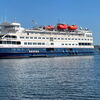

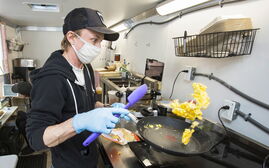
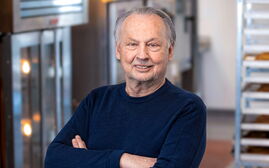

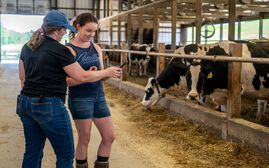




0 Comments